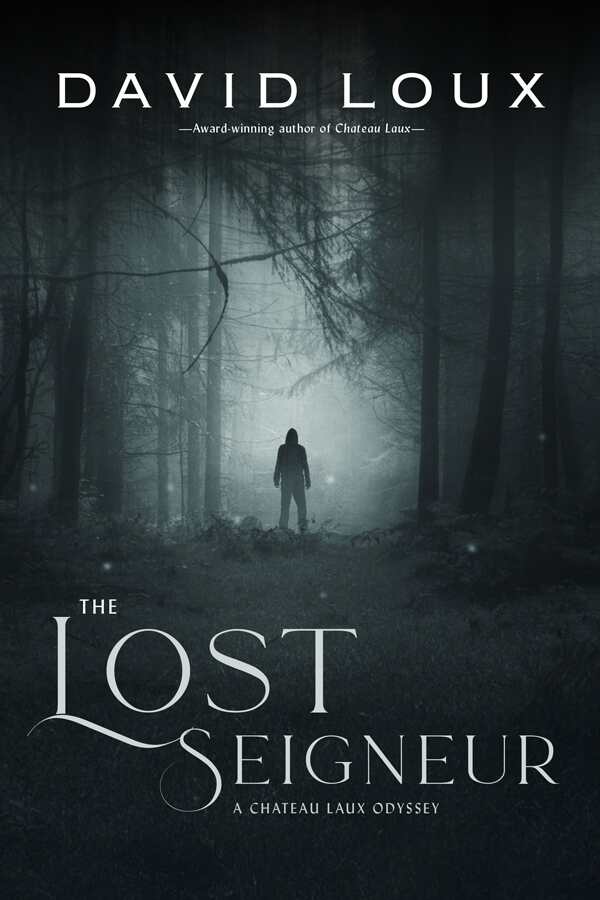The Lost Seigneur
A Chateau Laux Odyssey
The Lost Seigneur is a warm, lovely historical novel in which a missing Frenchman reunites with his granddaughter in the American colonies.
David Loux’s lush historical novel The Lost Seigneur chronicles the separation and reunion of a family of French immigrants.
Pierre, a farmer, lives in the British Pennsylvania during the eighteenth century. His daughter, Magdalena, is one of the few remaining Cathars in existence, following in the religious footsteps of her grandmother. Though celibate, Magdalena marries her late sister’s husband, Lawrence, in an arrangement of companionship built on their joint grief. All is well until she receives a letter with information about her estranged grandfather, Pierre’s father Jean-Pierre, a seigneur in France who’s been missing for thirteen years. Magdalena prepares for Jean-Pierre’s his sudden reappearance.
After Magdalena’s receipt of the letter, the story shifts in focus to explore what happened to Jean-Pierre; once the two timelines meet up again, Magdalena’s perspective returns, and the ultimate reunion is emotive and nuanced as a result. A key character introduced during the seigneur’s section is Gabriel, who helps Jean-Pierre find his son. Indeed, Gabriel and Magdalena become the core subjects of the novel, with asides concerning Magdalena’s brothers and her husband’s political efforts distracting from the central plot. Gabriel and Magdalena are engaging throughout, though.
The prose has a fairy-tale quality, making use of beautiful, warm setting descriptions and whimsical turns of phrase. Even when the action is grueling, it takes place either by warm hearths, in inviting bakeries, or in sunny farmlands, infusing pleasantness into tense scenes.
Both the pain and joy of the characters is expressed in imaginative ways, as with “Sunlight felt like broken glass in his eyes”; elsewhere, after Gabriel receives the first “thank you” of his life, “he felt like a lark carried aloft by a sudden breeze.” And while the secondary characters don’t command the same attention as Gabriel and Magdalena, they are rendered distinctive in their speech patterns and individual development. For example, Magdalena’s mother speaks with gruff frankness, while her father is sweet and patient.
After Jean-Pierre makes it to the British colonies, the book works toward an ending that is quite satisfying, if overly tidy. The epilogue details what became of each character, but there’s a perfection to these wrap-ups that strains credulity. Indeed, some elements of the conclusion are oversimplified in their positivity, despite the suffering that occurred within both generations.
In the lovely novel The Lost Seigneur, a woman learns about what happened to her estranged grandfather.
Reviewed by
Anna Karnedy
Disclosure: This article is not an endorsement, but a review. The publisher of this book provided free copies of the book and paid a small fee to have their book reviewed by a professional reviewer. Foreword Reviews and Clarion Reviews make no guarantee that the publisher will receive a positive review. Foreword Magazine, Inc. is disclosing this in accordance with the Federal Trade Commission’s 16 CFR, Part 255.

